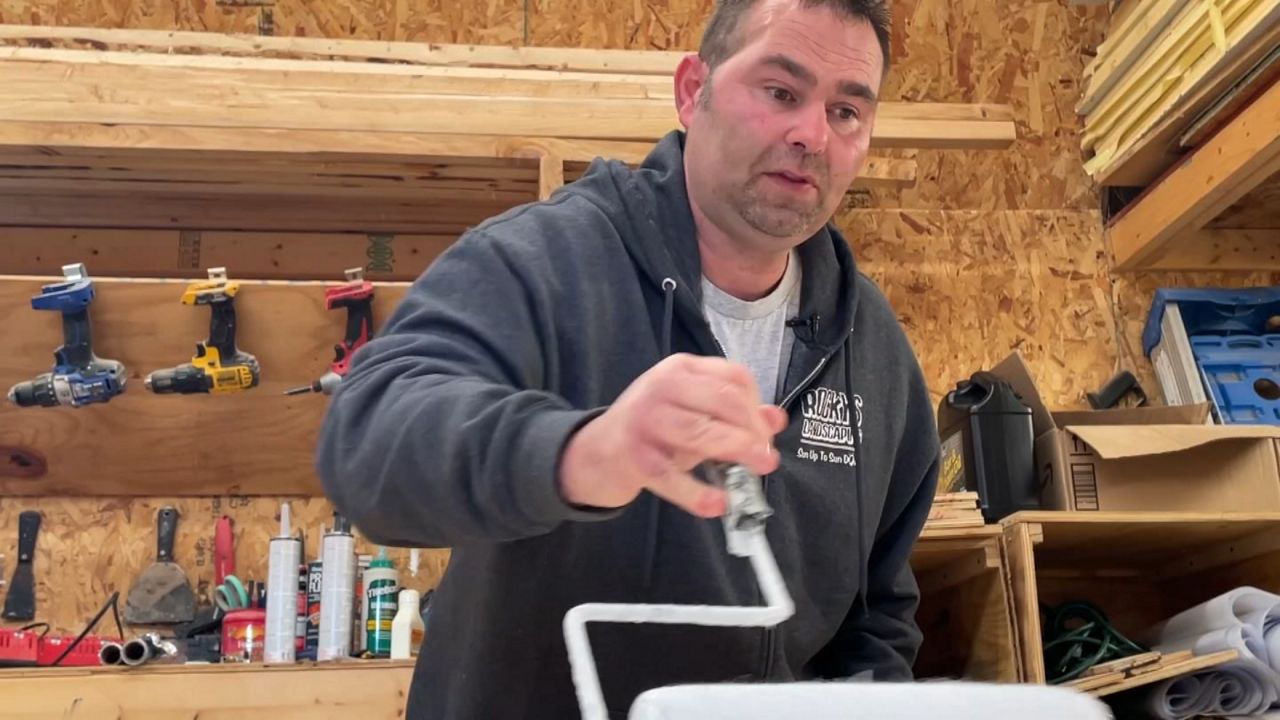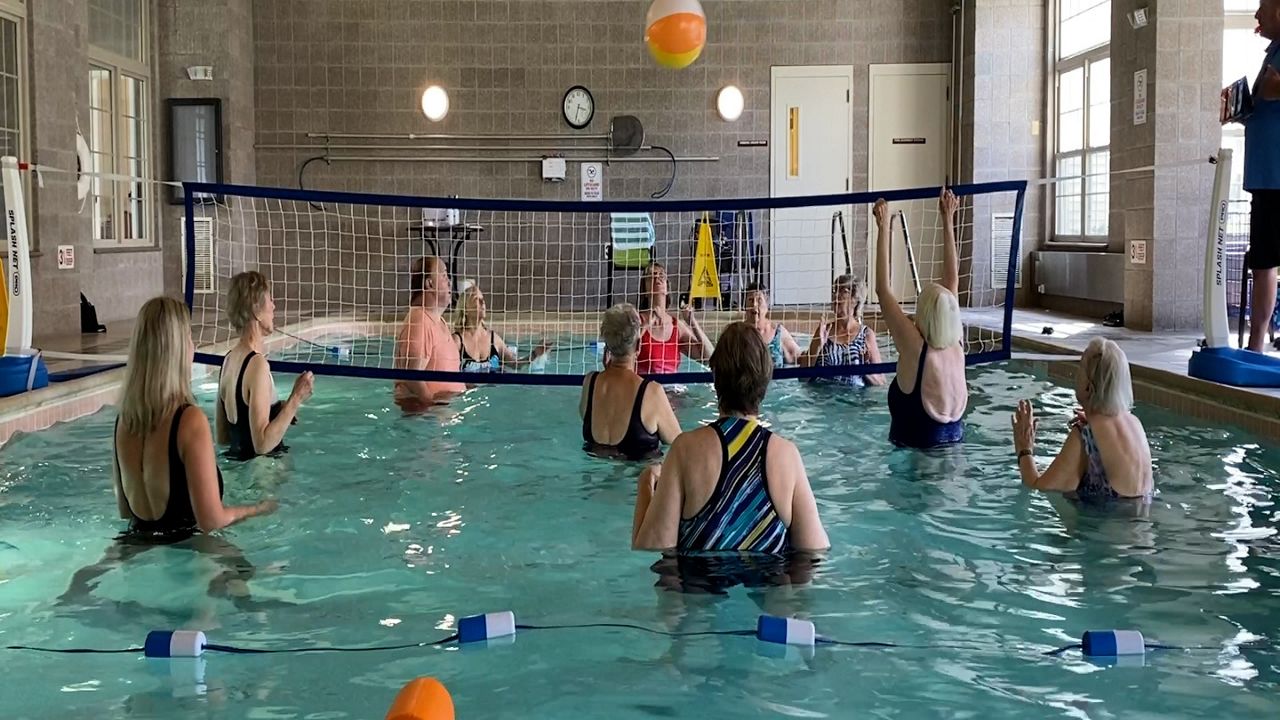On April 8, 2024, thousands of eyes will look up to the skies for the area’s first total solar eclipse in about 100 years, but a few moments of unprotected viewing could leave you with a lifetime of eye issues.
“There is no safe dose of direct sunlight to your eyes, really, under any circumstances,” said Dr. Andrew Reynolds, a clinical associate professor at the University at Buffalo Department of Ophthalmology.
When a total solar eclipse passes over New York, it’s prime time for potential eye damage.
“Eclipses can cause, in rare circumstances, permanent blindness,” he added.
Reynolds has seen this solar retinopathy damage first-hand.
“It almost always is accidental,” Reynolds explained.
He compares it to burns caused by high-powered laser beams. You don’t notice it’s happening, because it’s often painless.
“In the very center of that picture, it like a little yellow dot. What that is, that's the very center of the vision called the phobia, and that little yellow dot is a burn hole right through it,” he said, looking at a photo of eye damage.
It doesn’t occur instantaneously.
“I'm sure everyone in the audience has glanced at the sun, put their car visor down, that kind of thing. So, what's the likelihood with a one-second glance that you cause permit damage? It's low, but it's duration," he explained. "The problem with eclipses is you think it's dim, but it's still a very tremendous amount of light that enters your eye.”
The damage ranges from small spots in your vision that can make everyday tasks difficult, to blindness, and it happens faster if you’re using unsafe magnification.
“Telescopes and binoculars can be especially dangerous because [...] they’re collecting more light and funneling it towards your retinas,” Reynolds said.
There are filters you can buy, but the easiest thing is to just get some eclipse glasses.
“There is an international standard for eclipse classes, and that standard is 012312-2," said Reynolds. "I would buy them early, and the other point I would make is I would buy them from a reputable source.”
They should be worn during the whole eclipse, which includes totality.
“Even a partially occluded or fully occluded sun is still brighter than any amount of light you're gonna get here on Earth,” Reynolds explained.
If you're properly prepared, you can enjoy the eclipse without fear of eye damage.
“This is, you could say, once in a lifetime potentially for people. These are very rare occurrences that, since the dawn of time, have enthralled people," said Reynolds. And eye doctors are just like that, I'm going to watch the clips myself, for sure. I'm just going to make sure I do it with the proper safety glasses.”
Eclipse glasses do not expire, but if you think yours might be damaged, get a new pair. Many organizations are giving them out for free ahead of the event.






